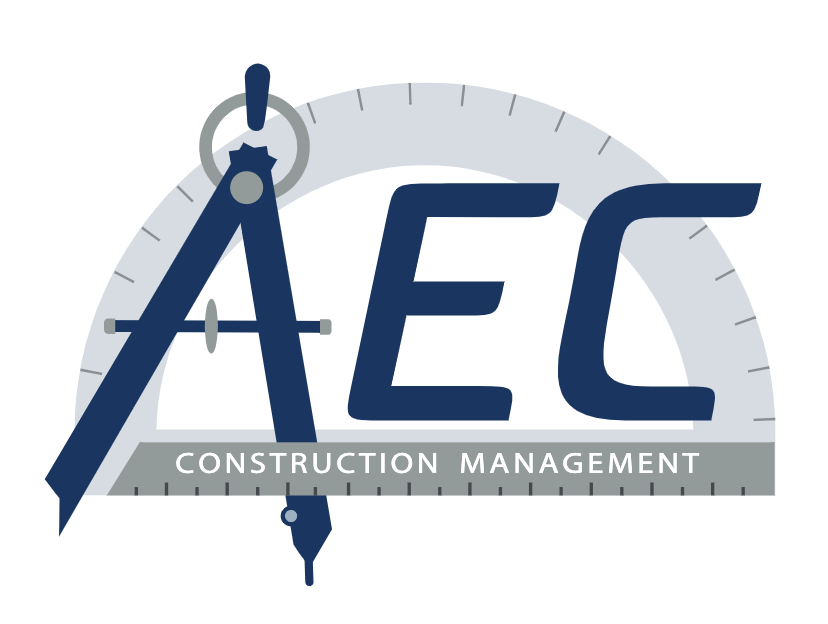Local shutdowns and restrictions are putting unprecedented strains on the construction industry during this COVID-19 pandemic. Projects have been affected differently depending on the type of the project and the stage of the project. We have seen planned projects put on hold or even canceled, while ones in the midst of construction push ahead for completion with little difference from pre-pandemic construction. Nonetheless, the construction industry as we have known it is in flux from design and construction to management and beneficial occupancy. Supply chains have become unpredictable. Labor costs and availability are in question. Project costs are increasing as new safety protocols are implemented and material prices continue to escalate.
Without downplaying the effects of the pandemic, expert construction schedulers have developed the knowledge and skills necessary to assess and manage risk and maximize opportunities long before this pandemic started. An adept construction management staff is capable of determining risk and assessing the overall extent of cost and time impacts that every project has experienced to some extent over the last year – a skilled construction professional can help to ensure that you continue to manage your risk and bottom line while maintaining a safe working environment throughout the construction process. Here are some of the challenges we are encountering, and how to prepare for them.
Supply chain delays.
The supply chain has been challenged across numerous industries, which has impacted and continues to impact construction projects. All project teams, whether Ownership or project level, should work toward locking in orders and understanding the potential challenges of getting them to the construction site in a timely manner. Often suppliers can only estimate delivery times, so anticipate delivery delays and forecast appropriately to allow enough time to prevent construction delays. Consider any buffer in your schedule and how to best avoid the ripple effect of delays. Considering different supplier options can open opportunities to shift access to material.
Increased cost.
As supply chains become increasingly challenged and other options are considered, increasing material costs will require important decision making regarding cost vs time. This could result from other material options, expedited shipping, and supply/demand price fluctuation. Anticipating COVID-19–related cost increases involves understanding supplier contracts and their terms, including termination and changes. Another larger expense line that has become a moving target is labor cost. Anticipating illness, mandatory paid sick leave, and labor costs during further delays is crucial, and it’s important that you quickly and accurately assess any construction impacts incurred as a result of these unprecedented times.
Suspension of work.
Suspension of construction projects is always a risk you must mitigate. In the case of the COVID-19, pandemic–related work suspensions need to be anticipated on the local, regional, state, or even federal level as government agencies craft ordinances. Construction scheduling helps us plan for anticipated consequences and weigh various options. Access to labor due to illnesses, hotspots, and outbreaks may result in the suspension of work as health directives dictate project responses.
Local and state mandates.
Sophisticated construction scheduling can help mitigate the risk even in times of uncertainty as we anticipate daily changes and constantly work to plan around these challenges. It is pertinent to acknowledge that there will be changes. Taking forewarnings of anticipated shutdowns or limiting movement of labor seriously and planning as best as we can are ways to understand the consequences as well as the solutions. Planning helps project managers to be proactive instead of reacting to mandated changes after the fact when your project has already been delayed.
Program and project disruption.
Planning helps managers to prepare for various causes of disruption. From supply chain to labor uncertainty and cost to time management, a crisis impacts an entire construction project plan. While we anticipate that the project might be executed less efficiently during a pandemic, a well-thought-out and strategically planned approach will help to bring clarity to the project and get it to completion.
Contact the experts at AEC Construction Management for more information on construction project management and scheduling during COVID-19.
